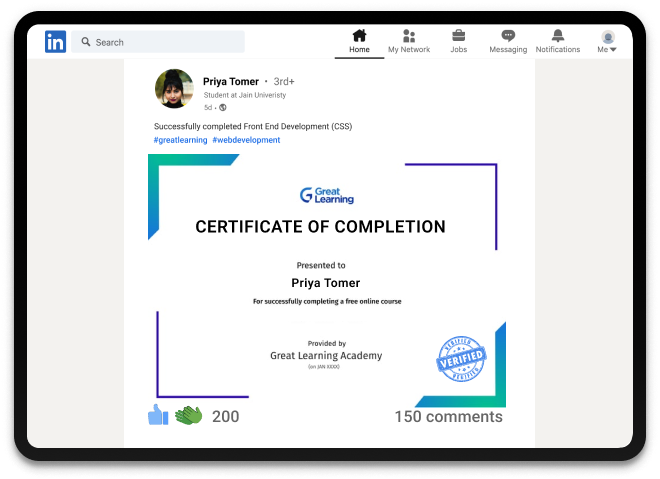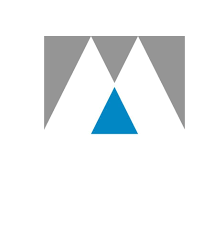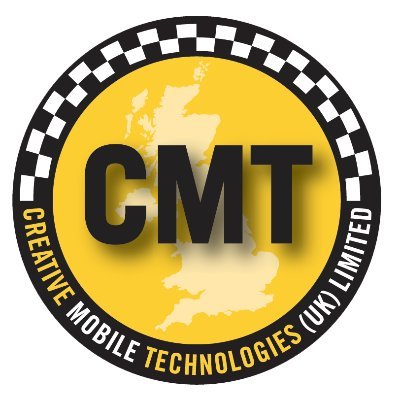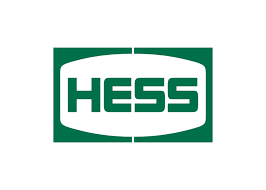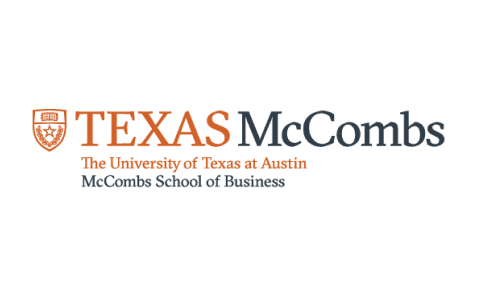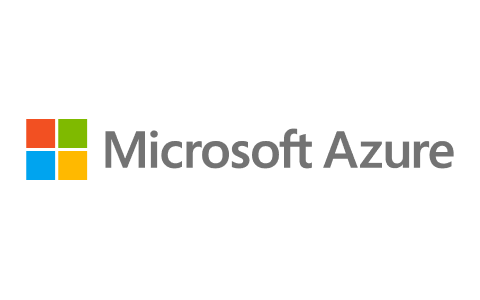Cloud Foundations - Advanced
Master Advanced Cloud Foundations online for free! Learn hands-on from experts and gain skills in cloud virtualization, centralization, distributed computing, security models, and more. Level up your career today!
What you learn in Cloud Foundations - Advanced ?
About this Free Certificate Course
In this course, we'll explore key concepts and technologies that will take your cloud knowledge to the next level. We'll introduce virtualization and discuss the differences between containers and virtual machines (VMs). We'll also cover Platform as a Service (PaaS) and Services Taxonomy. Next, we'll delve into price economics, data velocity, and distributed computing. You'll learn about cloud pricing models, optimizing resources, and the impact of data velocity. We'll also explore distributed computing for efficient processing. We'll then focus on cloud-native applications and security models. You'll gain insights into developing applications for the cloud and implementing robust security measures. Lastly, we'll cover infrastructure automation, abstraction, provisioning, and related technologies. You'll learn about Infrastructure as Code (IaC) and allied tools for automation. By the end of this course, you'll have a solid understanding of advanced cloud foundations. Let's dive in and unlock the full potential of the cloud together!
To expand your learning in the Cloud Computing domain, consider pursuing Cloud Computing courses that offer specialization/electives to escalate your career.
Course Outline
This section compares containers with VM virtualization, and container VM with metal VM. It also explains PaaS overview and cloud service taxonomy.
This section explains price economics, decision making, data to information xform velocity, challenges with distributed computing, heterogeneity, fault handling, consistency, and global concurrency.
You will learn to design cloud applications, security fabric for architecture with different cloud providers, security model for shared responsibility, programming languages diversity, and language popularity index in this section.
This section introduces you to automation in the cloud, CI/CD models, IoT, abstraction frameworks, the impact of cloud and microservices, and cloud computing concerns. It also discusses the future of the cloud and gives you insights into provisioning processes.
Our course instructor

Mr. Nirmallya Mukherjee
Former Chief Architect, Dell
With over two and half decades of cross domain experience in IT and ITES across both services and products, Nirmallya Mukherjee has served as Chief Architect at Dell, Principal Architect at Infosys and Technical Architect at Ciber Inc, an HTC Global Services company.
He lends his expertise to various multinationals like Cisco, Walmart Labs, Amadeus, Mercedes Benz, ANZ, Societe Generale etc. through his consulting, development and training engagements.
Nirmallya is also the Academic Director for the Graduate Certificate in Cloud Computing program.
Check out Nirmallya's LinkedIn https://www.linkedin.com/in/nirmallya/
With this course, you get
Free lifetime access
Learn anytime, anywhere
Completion Certificate
Stand out to your professional network
2.0 Hours
of self-paced video lectures
Frequently Asked Questions
What are the prerequisites to learning this advanced Cloud Foundations course?
This Cloud Foundations is an advanced-level course. You can learn from this course swiftly if you have a basic understanding of what Cloud computing is and what databases are.
How long does it take to complete this free Cloud Computing Foundations course?
Cloud Computing Foundations is 2 hours-long course. You can, however, learn from the course at your convenience since it is self-paced.
What are my next learning options after this course?
You can enroll in the Cloud Computing training after you complete learning from this free online course.
Why is it important to learn Cloud Computing Foundations?
There are many advantages to why you need to learn Cloud Foundations. The two most important reasons are,
- Increased Flexibility - Cloud computing enables you to access your data and applications whenever and wherever you need them, which increases your flexibility.
- Enhanced Productivity - Cloud solutions can enhance your productivity by enabling you to access your data and applications anytime and from any location.
Why is Cloud Computing so popular?
Cloud Computing is popular for its scalability and flexibility. Because cloud software doesn't require any physical hardware, updates, user modifications, and installations can all be handled remotely. With cloud computing, we can also quickly alter our software to suit usage patterns, storage needs, or user counts.
Success stories
Can Great Learning Academy courses help your career? Our learners tell us how.And thousands more such success stories..
Related Cloud Computing Courses
Popular Upskilling Programs
Explore new and trending free online courses
Relevant Career Paths >
Cloud Foundations - Advanced
Cloud foundations are the building blocks of cloud computing infrastructure, providing the necessary framework for organizations to leverage the full potential of the cloud. As cloud technology evolves, so do the practices and capabilities associated with cloud foundations. Advanced cloud foundations involve a deeper integration of technologies, processes, and methodologies to optimize the scalability, reliability, and security of cloud environments. One significant aspect of advanced cloud foundations is the adoption of Infrastructure as Code (IaC). IaC allows organizations to define and manage their cloud infrastructure through machine-readable configuration files. This approach automates the provisioning and deployment of resources, leading to consistent and reproducible infrastructure deployments. By using IaC, organizations can easily scale their resources, enforce policies, and maintain infrastructure consistency across different environments.
DevOps and Continuous Integration/Continuous Deployment (CI/CD) practices are also crucial elements of advanced cloud foundations. DevOps involves the integration of development and operations teams to streamline software development and deployment processes. CI/CD pipelines automate the build, testing, and deployment stages, resulting in rapid and reliable software delivery. With cloud-native tools and services, organizations can achieve higher deployment frequency, reduce errors, and enhance system stability. Microservices and containerization technologies play a pivotal role in advanced cloud foundations. Microservices architecture enables the decomposition of applications into smaller, independently deployable services. This approach allows for greater agility, scalability, and fault tolerance. Containers, such as Docker and Kubernetes, provide a lightweight and portable runtime environment for these microservices. Containerization ensures efficient resource utilization and simplifies the management and orchestration of applications.
Serverless computing is another advanced aspect of cloud foundations. It abstracts away the infrastructure management, allowing developers to focus solely on writing code. Functions as a Service (FaaS) platforms, like AWS Lambda and Azure Functions, enable event-driven, auto-scaling execution of code. Serverless computing reduces operational overhead, enables granular billing based on actual usage, and promotes rapid development and deployment of applications Security and compliance are paramount in advanced cloud foundations. Organizations must implement robust security measures to protect their cloud environments and adhere to regulatory requirements. Identity and access management, data encryption, intrusion detection systems, and continuous monitoring are critical components of a secure cloud foundation. Compliance frameworks such as GDPR, HIPAA, and PCI-DSS drive organizations to implement stringent security controls and ensure the privacy and integrity of sensitive data.
Hybrid and multi-cloud strategies are becoming increasingly prevalent in advanced cloud foundations. Many organizations operate in a hybrid or multi-cloud environment, utilizing a combination of on-premises infrastructure and multiple cloud providers. Advanced cloud foundations facilitate seamless integration and interoperability between different cloud platforms, enabling consistent management, security, and data governance across the entire hybrid or multi-cloud landscape. Lastly, advanced cloud foundations leverage the power of big data analytics and AI/ML. Cloud-based platforms provide scalable and cost-effective solutions for processing and analyzing large volumes of data. Organizations can derive valuable insights and make data-driven decisions using cloud-based big data analytics services. Additionally, cloud providers offer comprehensive AI/ML services, empowering businesses to build, train, and deploy machine learning models at scale.
In conclusion, advanced cloud foundations encompass a range of technologies, practices, and methodologies that optimize cloud environments. Infrastructure as Code, DevOps, microservices, containerization, serverless computing, security and compliance, hybrid and multi-cloud strategies, as well as big data analytics and AI/ML capabilities, are all integral components of advanced cloud foundations. By embracing these advancements, organizations can harness the full potential of the cloud and drive innovation in the digital era.





